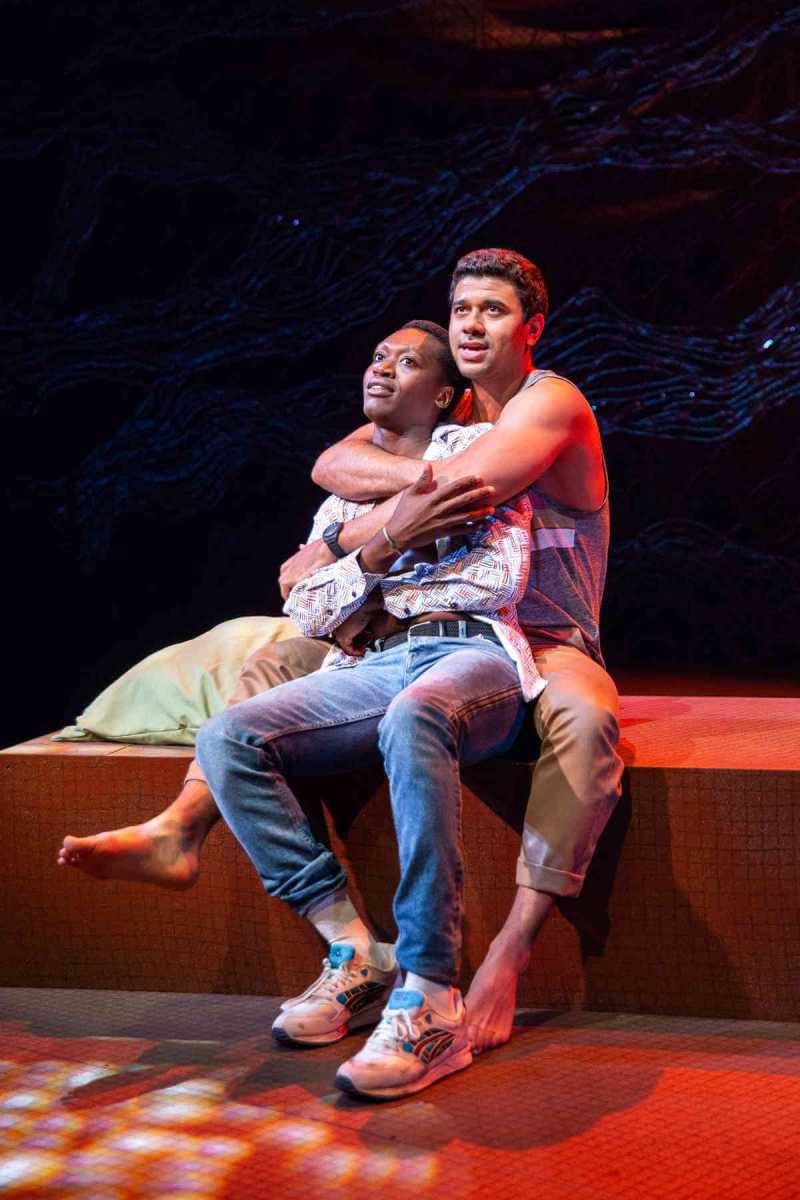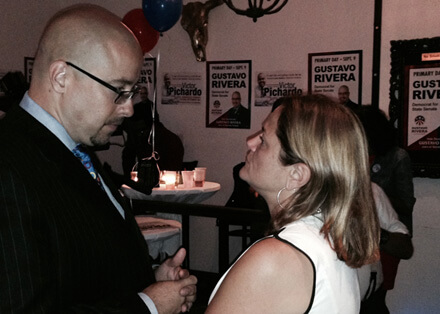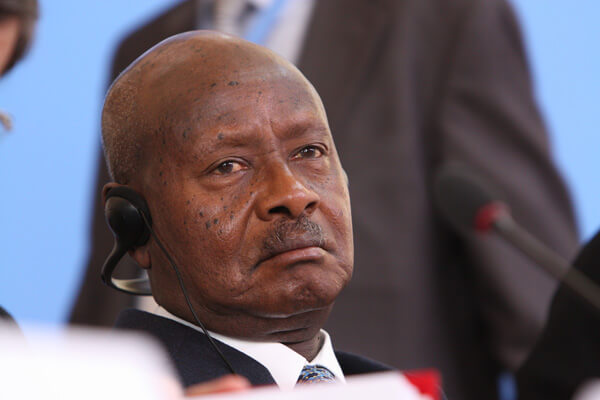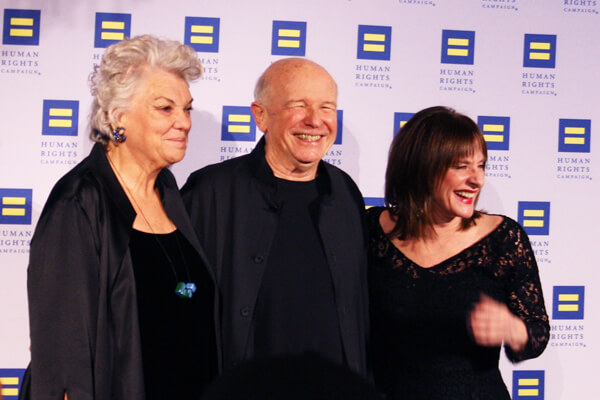In 1950, the Ugandan Penal Code act made same-sex sexual acts felonies. Though the law was on the books, it was not stringently enforced. Then, in 2002, US evangelical Scott Lively coordinated meetings with anti-gay extremist leaders Stephen Langa and Martin Ssempa to implement anti-gay strategies in the country. It worked. Over the next decade, the combination of fear and furor would make being gay in Uganda a crime that was actually punished with prison time, destroying lives. Lively would later call his efforts a “nuclear bomb against the ‘gay agenda.’” In 2010, the Ugandan tabloid Rolling Stone published the names of more than 100 suspected gay people, calling for their execution and prompting violent attacks on people whose only crime was loving someone of the same gender. Today, it is still dangerous to be gay, lesbian, or transgender in Uganda — as well as other African countries — and just this month Botswana’s government decided to appeal a ruling that decriminalized homosexuality.
In spite of the enormous outpouring of celebration for Stonewall 50 and WorldPride in New York, it’s important to remember that the freedom to love openly whom one wants is not a universal right — and exercising that freedom can be deadly in many parts of the world. That’s the central drama in Chris Urch’s new play “The Rolling Stone,” currently in production at Lincoln Center Theater under the direction of Saheem Ali. Set in 2010 at the time the Rolling Stone article was published, the story concerns a young Ugandan, Dembe, and his family — sister Naome and older brother Joe, who has become a pastor who preaches against the sin of homosexuality, warning that gays are recruiting children and poisoning the culture. Dembe is in love with Sam, a mixed-raced doctor from Ireland who has come to Africa to try to do good.
Of course, the play is highly political. Given the subject matter, how could it not be? Yet playwright Urch told Gay City News, “If you’re going to do politics in theater, it has to come through the personal.”
The siblings’ love for one another is challenged by the revelation that Dembe is gay. The subject matter is harrowing, but the themes are universal. All of the characters are sympathetic, even when their acts are hurtful, explained director Ali, who said, “You have to understand people’s actions, and even when they do very damaging things they are trying to protect someone.”
Against this foreboding backdrop, the play is remarkably warm and often comedic. “The Rolling Stone” is, first and foremost, a family story, and the characters are nuanced and authentic. Sam and Dembe’s relationship is loving, though clandestine. Dembe is frightened and challenged, but ultimately is able to make a stand for who he is even as he knows he may pay a price. The ultimate irony of the play is that Dembe and his family at the end feel all they can do is turn to God for help and guidance. It is, obviously, not the same God being used to torture and oppress, but this twist gives the play a larger scope, with a subtle undercurrent exploring the ways religion and belief can either help or hurt, or sometimes do both simultaneously. Urch illuminates this dichotomy without preaching but rather by touching the heart.
The company is extraordinary. Ato Blankson-Wood is compelling as Dembe. James Udom is powerful and conflicted as Joe, and Adenike Thomas is passionate and heartbreaking as Naome. Robert Gilbert as Sam is warm and appealing. As the outsider, his character serves an important literary function, but between Urch’s craft and Gilbert’s performance, he is consistently real and believable. Myra Lucretia Taylor is Mama, a powerful local woman who has helped Joe become a pastor and facilitates the government’s efforts to identify gay people. Though she does very damaging things, she is also trying to protect her daughter. Edward’s clarity and focus help us see Mama as much a victim of the systematic oppression as Dembe and his family are.
“The Rolling Stone” is an important work and the best kind of political theater. It reaches us through the deeply personal, and it reminds us that for many people around the world acceptance and safety remain a dream.
“There is still a lot of atrocity and bigotry” facing LGBTQ people, Ali noted.
THE ROLLING STONE | Lincoln Center Theater at the Mitzi E. Newhouse, 150 W. 65th St. | Through Aug. 25: Tue.-Sat. at 8 p.m.; Wed. & Sat. at 2 p.m.; Sun. at 3 p.m. | $82 at telecharge.com or 212-239-6200 | Two hrs., with intermission




































